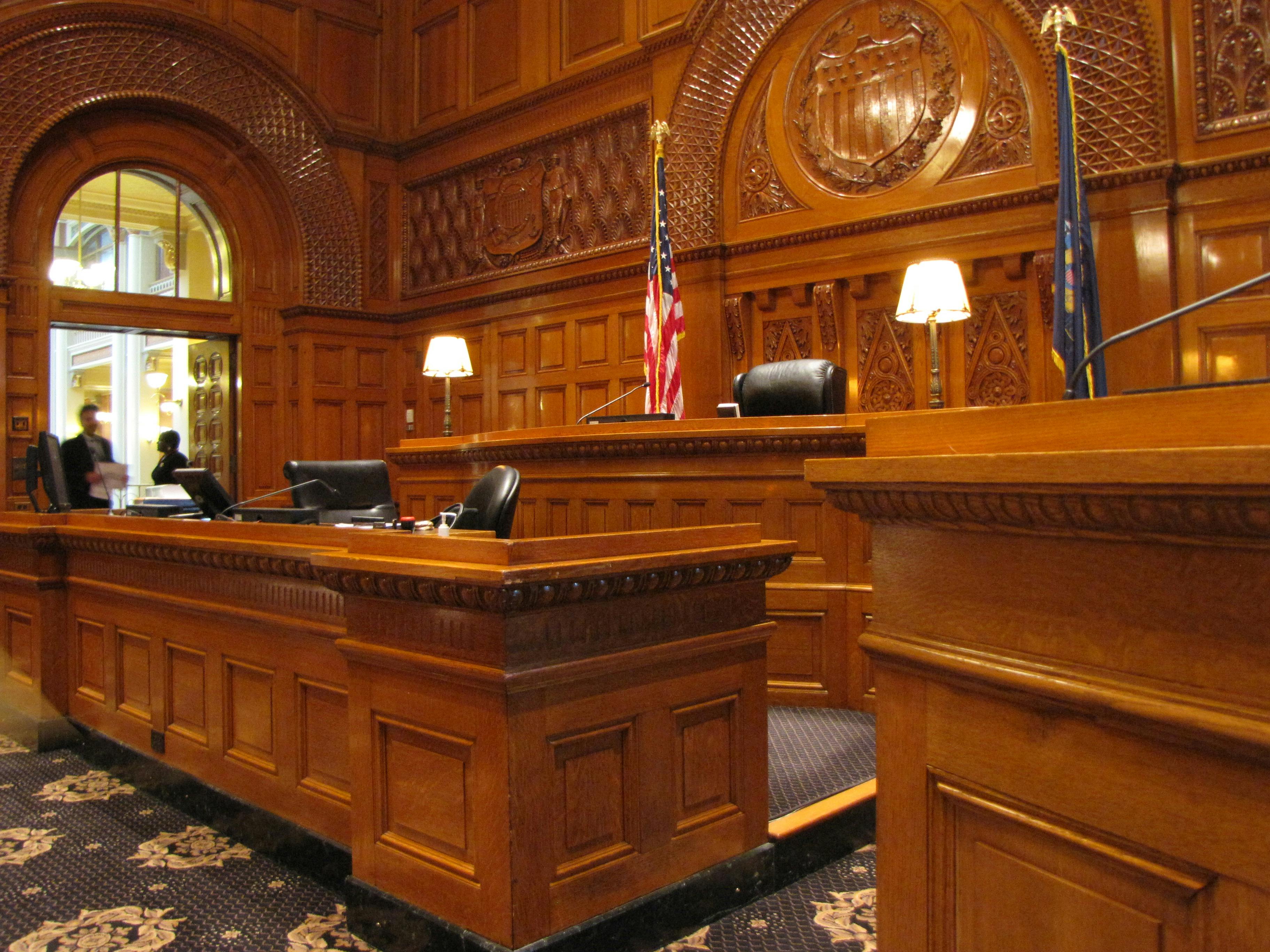
Parenting Arrangements in Family Law: Everything You Need to Know
Divorce: Divorce is ugly, especially when it comes to underage children. If you do not get along with your spouse, this does not mean that you can neglect your children. The fact is that parental responsibility is the same even after divorce!
According to the Family Law, you are responsible for all the basic and outstanding needs of your children after the divorce, until they are of legal age. This is mandatory until and unless the court issues orders against you, which would be the case only in special circumstances.
In most divorce cases, the parents can reach an agreement by mutual agreement. Even family law focuses heavily on agreements that involve both parents holding the responsibilities and making arrangements for their children.
How can parenting arrangements be made for the children?
The Family Law of almost all countries establishes special centers that aim to offer parents advice and support in maintaining an adequate parental arrangement for children. These centers can advise families and parents and provide detailed information on separation and make arrangements for parents.
With the help of such centers, it is possible for parents to reach appropriate agreements that are in the best interest of their children. In addition to this, the courts also offer services related to pre-action proceedings. These procedures involve a set of numerous steps that parents must follow before applying to the issue of child custody in court. In such cases, it is essential that the parents possess a certification from a family dispute resolution professional confirming that genuine attempts have been made to resolve the family issues before taking them to court.
What to do if you cannot reach a mutual agreement?
In some cases, parents may not be able to reach a mutual agreement in the best interest of their children. In such a situation, parents can always go to family court. These courts determine the responsibilities of each parent and issue a legal order for them. Such orders are called “parenting orders.”
Under the family law of most nations, there are 4 different types of parenting orders that the court can issue. These are decision-making orders for parental responsibility, decision-making, custody, and living arrangements. In addition, the orders include details about the type of communication and the time each parent can spend with the child they are not living with. The court mentions precise details about the responsibility of parents to support and support their children. Therefore, if the parents cannot make a precise decision and a mutual agreement, they can always go to court to identify the best possible solution.